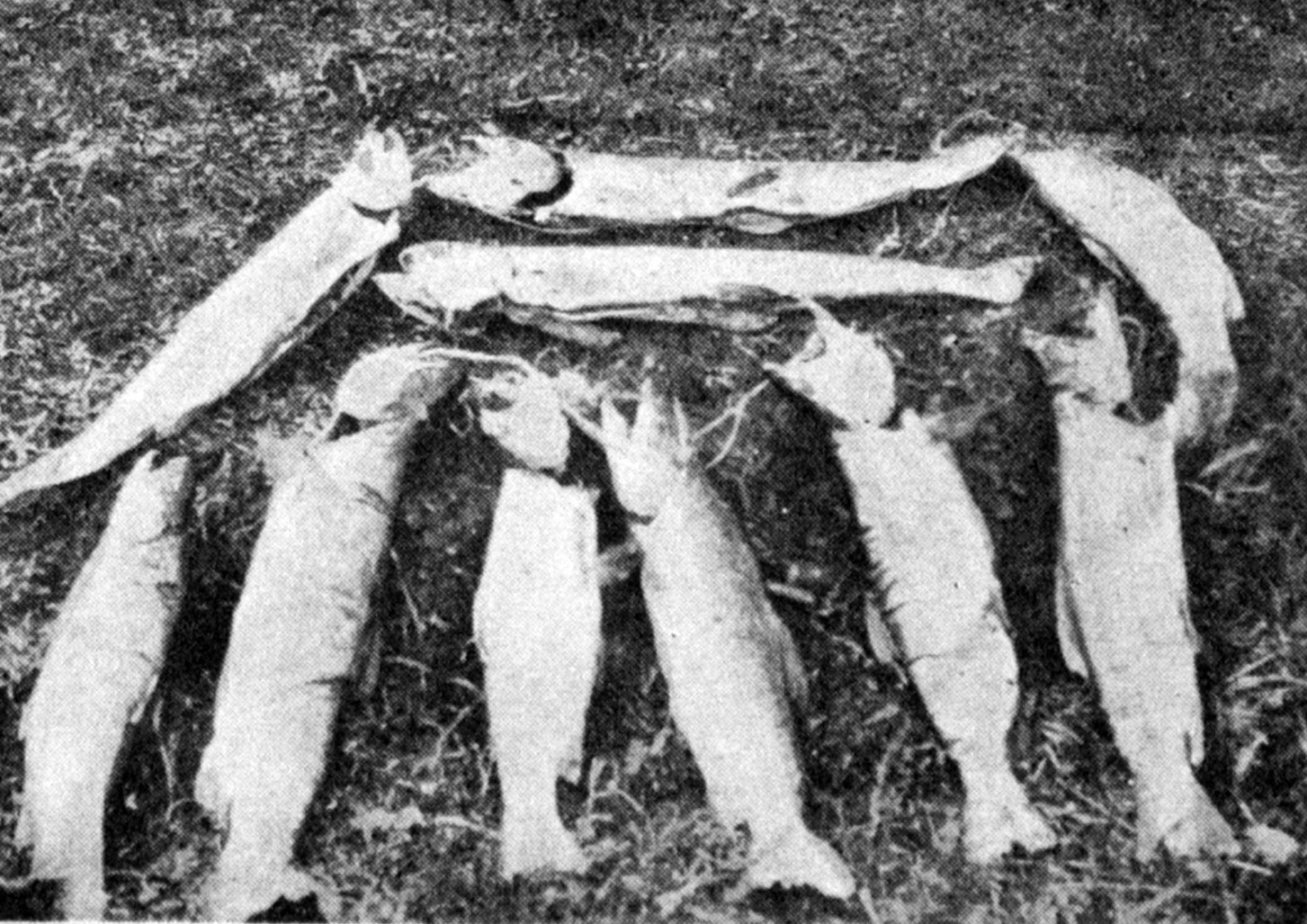
"In my opinion", wrote Mr Hay, "the reserve does not change with the river. A similar point came before the Supreme Court in the case of Attorney-general and Southland County Council v. Miller, and it was there decided that a road does not change with a river. In England the rule is otherwise. There roads are merely rights-of-way and are not based on a fixed survey as in New Zealand. It is questionable as to whether a fishing reserve is a road, but whether it is or not I think there is no doubt that it does not change with a river." Another interesting point was brought up by a member of the council. Where a river altered its course through erosion, he said, the man whose land was worn away was the loser, according to law, "through an act of God", while on the other hand the man whose property lay on the other side from which the river was moving away, would in time gain a substantial area, also "through an act of God."

Canary projects its voice
Mr J. Beadle, Bedford street, St Clair, asked if anybody has noted ventriloquism in canaries. He took charge of a canary for two weeks during the absence of neighbours. It sings well, and for a few days he thought that it sang to birds outside and that they replied. Later, he found that the canary uttered all the notes he heard, some of them, apparently ventriloquially. This opinion was supported when the canary’s cage was shifted: the answering notes also seemed to come from a fresh place.
Meeting expo expectations
Occasionally comment is made that there is little or no progress noticeable in connection with the New Zealand and South Seas Exhibition. Yesterday a reporter waited on the secretary of the company (Mr H.R. Spence) and asked for evidence of progress. Mr Spence said that to some people "outward evidence" might mean the erection of the Exhibition buildings, but a great deal had to be carried out before that could be done. "The first important step has just been taken", continued Mr Spence, "in the appointment of Mr Edmund Anscombe as sole architect, and it may reasonably be inferred that the near future will bring forth plans of the building. In other ways the directors have been far from idle. They have held some 24 meetings of the board, as well as attending many sub-committee meetings and conferences.’’
Physio teacher heads overseas
Miss L.M. Roberts, on the staff of the Training School of Massage and Physiotherapy at the Hospital, has been granted a year’s leave of absence for the purpose of study and further experience. She left for England by the Ruapehu, for London, where she will take a course in one of the leading schools of physio-therapy in the United Kingdom.
There’s no use crying . . .
Many girls in offices who make their own tea find that there is milk left over which will not keep fresh for next day. Milk is useful for cleaning shoes, and it is a good idea to use up what is left in this way. Many a shabby-looking pair of brown or black shoes has become quite rejuvenated by a daily application of the leftover milk.
— ODT, 29.1.1924 (Compiled by Peter Dowden)












